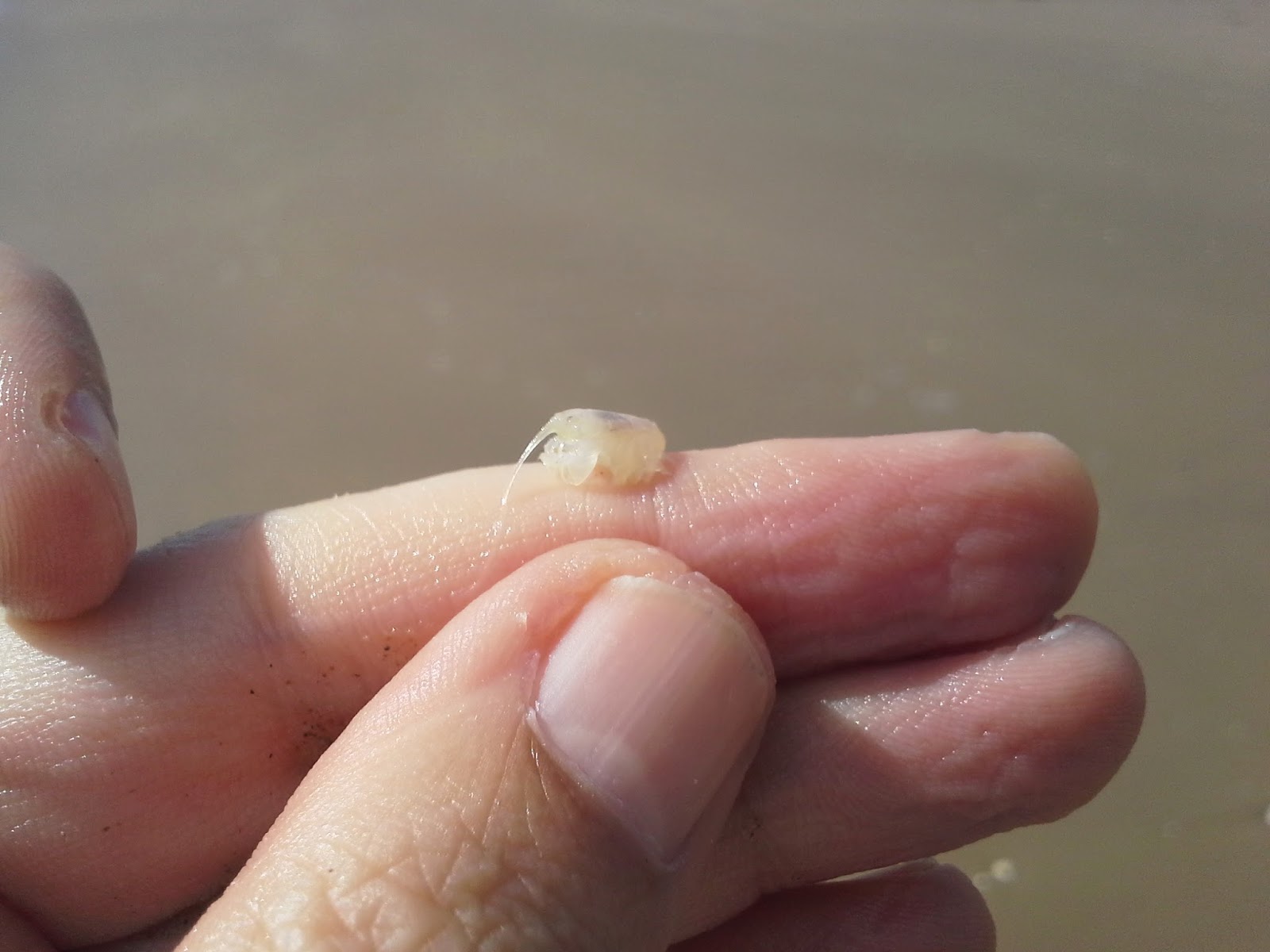 Steven McKnight, president of the American Society for Biochemistry and Microbiology, has given us one of the best “I can’t believe he said that” editorials since Scott Kern.
Steven McKnight, president of the American Society for Biochemistry and Microbiology, has given us one of the best “I can’t believe he said that” editorials since Scott Kern.First, the average scientist today is not of the quality of our predecessors; it’s a bit analogous to the so-called “greatest generation” of men and women of the United States who fought off fascism in World War II compared with their baby boomer children. Biomedical research is a huge enterprise now; it attracts riff-raff who never would have survived as scientists in the 1960s and 1970s. There is no doubt that highly capable scientists currently participate in the grant-review process. Likewise, unfortunately, study sections are undoubtedly contaminated by riff-raff.
I’m just astonished by the sheer arrogance on display here. This goes beyond normal grumpy old man mumblings about how things are not as good as they used to be. To call younger colleagues “riff-raff” and impugn the quality of their work is... well, politely, not collegial. It’s punching down. It’s insulting.
Maybe the good news for McKnight is that there is no way of knowing if the average researcher from fifty years ago compares to today’s. The landscape has changed irrevocably, and there is no way to objectively measure the quality of researchers decades apart.
So I can I contend, with as much evidence as McKnight, that many of the scientists of forty to fifty years ago could not survive in today’s environment, with more information to learn and keep on top of, greater competition, increased accountability, and greater administrative burden.
Additional, 8 October 2014: McKnight is reached for comment by Nature:
McKnight said that he was “saddened” by suggestions that he has any gripe with young researchers or with diversity. He meant to criticize review committees as a whole, not just young scientists, he added. “A level of mediocrity has crept into the grant-review system,” he said. He recalled that earlier in his career, grant-review committees were packed with well-known scientists with established credentials. “Now when I look at the list, I’ll know zero names. Five or six of them will be people from fly-by-night biotech companies.” He said that he hasn’t done any quantitative research on this trend, “but I think I’m probably right”.
Check your apology bingo card.
Hat tip to DrugMonkey.
External links
The curse of committees and clubs
The new ASBMB President has words for the science riff-raff
Struggles of the Scientific Riff-Raff

















